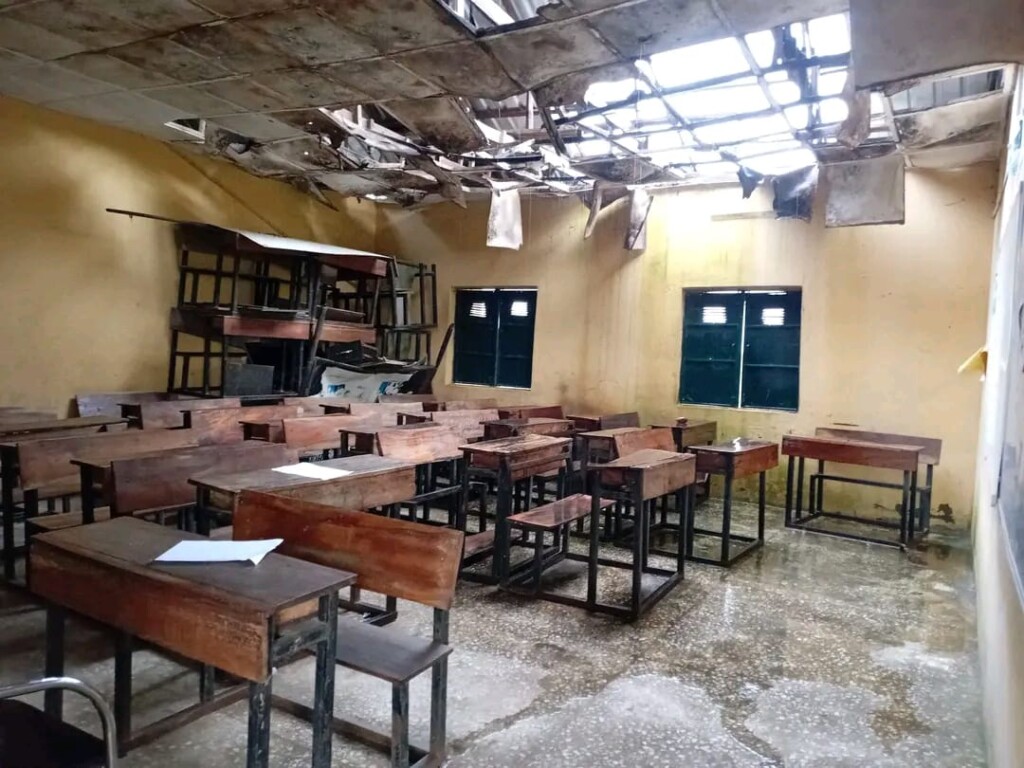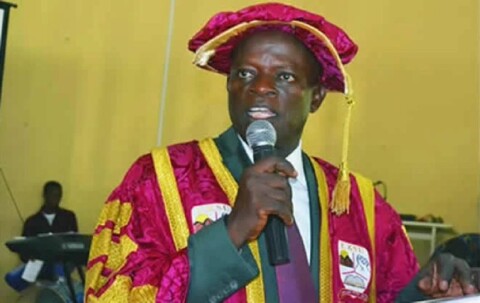The Local Education Authority (LEA) Primary School, Makanima, in the Abuja Municipal Area Council has fallen into severe neglect, leaving classrooms in ruins and forcing hundreds of pupils to abandon their education. Many of the affected children have now resorted to farming in place of schooling.
The situation was revealed in a statement by MonITNG, a civil society organisation, after a recent inspection of the school. According to the group, the learning environment is in a deplorable state, with cracked walls, collapsed ceilings, broken furniture, and overgrown weeds.
“For children in this community, education has become a luxury. Many pupils no longer attend school because there are no classrooms left to accommodate them,” MonITNG stated. “Dreams of becoming doctors, engineers, or teachers are slowly fading away.”
The group noted that while some parents have withdrawn their children to private schools, others who cannot afford the alternative have accepted their fate. In many cases, pupils have turned to farming, exchanging books for farm tools, while their peers in urban centres continue to access quality education.
Teachers, left without functional classrooms, have been forced to conduct lessons under trees within the school premises.
MonITNG further expressed concern that such decay exists despite the release of ₦121 billion in 2024 Universal Basic Education Commission (UBEC) funds to 27 states, including the Federal Capital Territory (FCT).
“In 2024 alone, ₦121 billion was disbursed, yet communities like Makanima remain neglected. Where is the money? Why must children in underserved areas continue to suffer due to failed priorities?” the organisation queried.
The group also criticised FCT Senator Ireti Kingibe for overlooking the plight of the school while pursuing other abandoned projects. It added that although the FCT Minister has been commended for road construction, education must not be ignored.
“Children cannot learn on roads. The same commitment shown to building highways must be extended to building classrooms,” MonITNG insisted. “A true capital city is not defined only by skyscrapers and road networks, but by how it treats its most vulnerable citizens—its children.”





